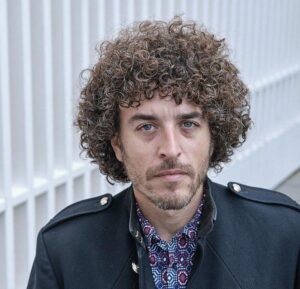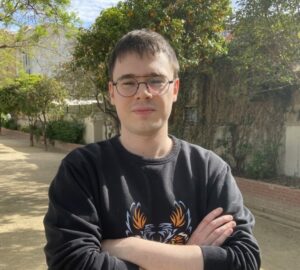
From November 12 to December 18, the Autonomous University of Barcelona will host a new exhibition Going Extreme: How Extremist Narratives Are Destroying Democracies. The exhibition presents the initial results of the ARENAS, and has been curated by Steven Forti, professor of Contemporary History at the Autonomous University of Barcelona, who is a Work Package Leader on the ARENAS project. The exhibition has been coordinated by researchers Sergi Soler and Nathalie Paris and has been produced in collaboration with a group of students from the UAB’s Contemporary History, Politics and Economics degree programme.

Extremist narratives and hate speech are increasingly spreading across the internet and social media, reaching the computers and mobile phones of millions of people. In many cases, these narratives and discourses have become normalised and mainstream. The dynamics of the digital world are intertwined with what happens in real life, causing a continuous feedback loop that is difficult to regulate. Over the last decade, the rise of far-right parties and anti-democratic leaders around the world has accelerated the spread of these discourses and helped to legitimise them.

Countless websites and social media profiles, as well as traditional media outlets and far-right politicians, are dedicated to spreading not only hoaxes and conspiracy theories, but also racist, xenophobic, Islamophobic, anti-Semitic, homophobic, sexist and aporophobic discourse, calling into question the foundations of democratic coexistence and, in the long term, the very survival of our democracies. In addition, there are increasingly more influencers, with hundreds of thousands of followers, who present themselves as transgressive, provocative and cool, and who make these ideas go viral. And these discourses also creep into unexpected contexts, such as videos by fashion and cooking influencers, reaching an even larger audience that may end up accepting them without even realising it.

This exhibition presents an overview of the extremist narratives currently circulating in Europe and warns of their influence, impact and consequences. What is an extremist narrative? What are its patterns and formats? How have they evolved and adapted throughout the history of the last century? How can we detect them? These are some of the questions that the exhibition attempts to answer, focusing on the themes of nation, gender and science.
The exhibition will open on 12 November at 1 pm in the lobby of the UAB Faculty of Arts and Humanities. The event will be attended by the Dean of the Faculty of Arts and Humanities, Margarita Freixas; the Vice-Dean for Employability, International Mobility and Culture, Nicola di Nino; and the exhibition curator, Steven Forti.
